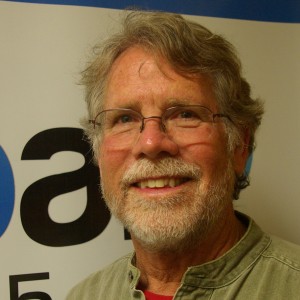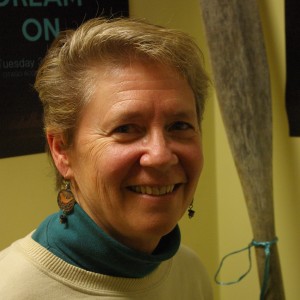Whaling is not the biggest threat to the marine mammals of the world, it’s fishing, it’s climate change, it’s ocean noise. I’d like to see the concern that was generated in the 60s and 70s to stop whaling which was largely successful, applied to other areas. Stopping harmful fishing practices, stopping needless propagation of sound from our shipping vessels. This story is harder to tell, but to be effective stories have to be personal.
You can take a person and play them a recording of what the ocean should sound like, and then play them a recording of what it sounds like now. We don’t really have any sense of how much human caused noise there is in the ocean. That noise never leaves the ocean.
If our national parks were as noisy as our national marine sanctuaries are underwater, people would never stand for it.
Dr Jay Barlow is a research scientist within the NOAA’s Protected Resources Division, Southwest Fisheries Science Centre. He is the leader of the EEZ Marine Mammals and Acoustics Programme within the Protected Resources Division and is an Adjunct Professor at Scripps Institution of Oceanography.
I’m not an activist. There are a lot of pathways to being scientists, advocates and fundraisers. Every marine mammal scientist has to be a bit of a fund-raiser. I shy away from the role of a pure advocate because it is really difficult to keep your scientific credibility if you appear too passionate, and let your passions outrun your academic approach to the science. But on the other hand, my passions drive what science I do.
This is the second in the Sustainable Lens #whaleofasummer series recorded during the Biennial Conference of the Marine Mammals Society.


